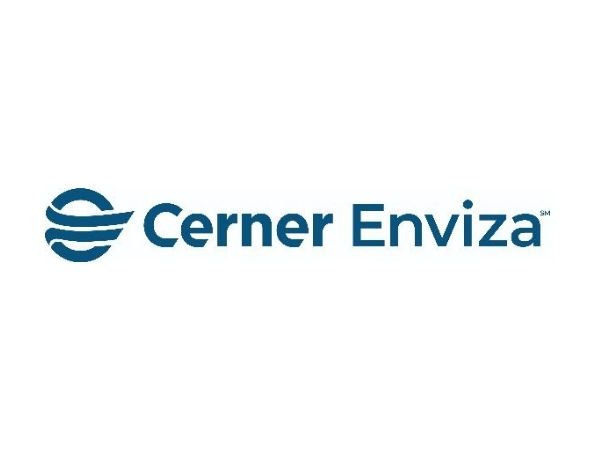Experts from Cerner Enviza provide a high level overview on utilizing Electronic Health Record (EHR) clinical data to support Real World Evidence (RWE) studies.
This presentation discusses the value of using EHR data as well as linking claims and EHR data to more effectively achieve your outcomes research study objectives. The speakers present each of these datasets and the key variables that distinguish them from other research datasets, thus providing a 360 view of the patient (ambulatory, in-patient, ER). Prospective longitudinal research can also be conducted directly from the EHR. Two case studies are also presented to better illustrate this value of these datasets.
Key Topics Include:
- Understanding the value of EHR data for performing RWE studies
- The unique characteristics of Cerner Enviza EHR Data in the context of support studies
- How linked EHR and claims can support studies
- How primary data collection efforts can be linked with EHR (or claims)
Click to watch the webinar recording. To view the presentation full screen simply click the square icon located in the bottom-right corner of the video-viewer.
Production Partner
Related Content
Practical AI: Adding Insight to the Patient Journey with Digital Phenotyping
In this webinar, Dr. Joseph Zabinski will discuss the digital phenotyping process and several concrete applications to demonstrate how AI can add value to analyses of the patient journey across the life sciences spectrum.
How to assess the quality of AI output when structuring unstructured medical data
Looking to empower your organizations with high quality patient data? Human abstraction has long been considered the gold standard for extracting high quality information from EHR data. With the rise of NLP, large language models, and machine learning, the question becomes: how should we evaluate these new technologies against the traditional abstraction methods?
Finding Value in Linking Real-World Data with Social Determinants of Health
Hear Pamela Landsman-Blumberg and Rick Chapman highlight the importance of SDOH and discuss examples of how claims data and EMR linked with SDOH can inform use cases.




